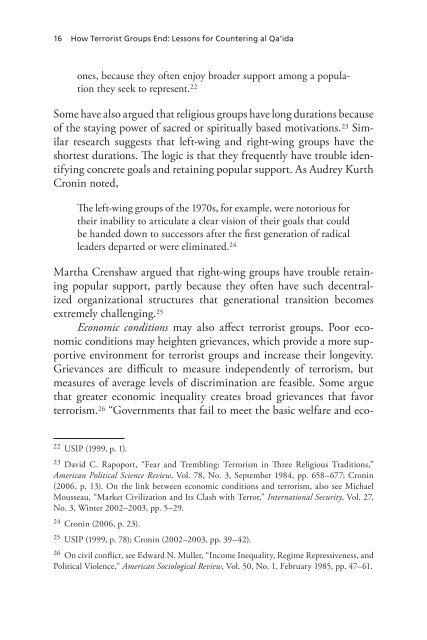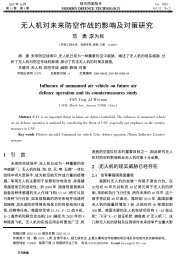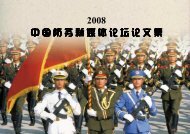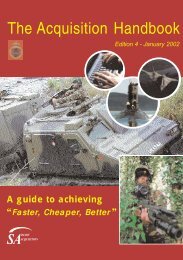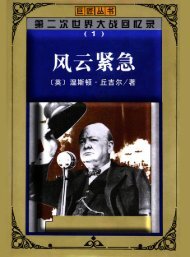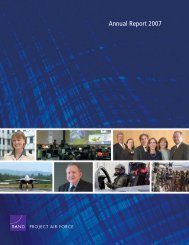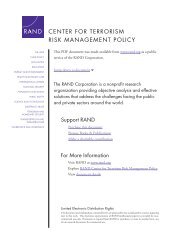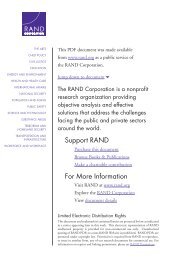How Terrorist Groups End - RAND Corporation
How Terrorist Groups End - RAND Corporation
How Terrorist Groups End - RAND Corporation
You also want an ePaper? Increase the reach of your titles
YUMPU automatically turns print PDFs into web optimized ePapers that Google loves.
16 <strong>How</strong> <strong>Terrorist</strong> <strong>Groups</strong> <strong>End</strong>: Lessons for Countering al Qa’ida<br />
ones, because they often enjoy broader support among a population<br />
they seek to represent. 22<br />
Some have also argued that religious groups have long durations because<br />
of the staying power of sacred or spiritually based motivations. 23 Similar<br />
research suggests that left-wing and right-wing groups have the<br />
shortest durations. The logic is that they frequently have trouble identifying<br />
concrete goals and retaining popular support. As Audrey Kurth<br />
Cronin noted,<br />
The left-wing groups of the 1970s, for example, were notorious for<br />
their inability to articulate a clear vision of their goals that could<br />
be handed down to successors after the first generation of radical<br />
leaders departed or were eliminated. 24<br />
Martha Crenshaw argued that right-wing groups have trouble retaining<br />
popular support, partly because they often have such decentralized<br />
organizational structures that generational transition becomes<br />
extremely challenging. 25<br />
Economic conditions may also affect terrorist groups. Poor economic<br />
conditions may heighten grievances, which provide a more supportive<br />
environment for terrorist groups and increase their longevity.<br />
Grievances are difficult to measure independently of terrorism, but<br />
measures of average levels of discrimination are feasible. Some argue<br />
that greater economic inequality creates broad grievances that favor<br />
terrorism. 26 “Governments that fail to meet the basic welfare and eco-<br />
22 USIP (1999, p. 1).<br />
23 David C. Rapoport, “Fear and Trembling: Terrorism in Three Religious Traditions,”<br />
American Political Science Review, Vol. 78, No. 3, September 1984, pp. 658–677; Cronin<br />
(2006, p. 13). On the link between economic conditions and terrorism, also see Michael<br />
Mousseau, “Market Civilization and Its Clash with Terror,” International Security, Vol. 27,<br />
No. 3, Winter 2002–2003, pp. 5–29.<br />
24 Cronin (2006, p. 23).<br />
25 USIP (1999, p. 78); Cronin (2002–2003, pp. 39–42).<br />
26 On civil conflict, see Edward N. Muller, “Income Inequality, Regime Repressiveness, and<br />
Political Violence,” American Sociological Review, Vol. 50, No. 1, February 1985, pp. 47–61.


